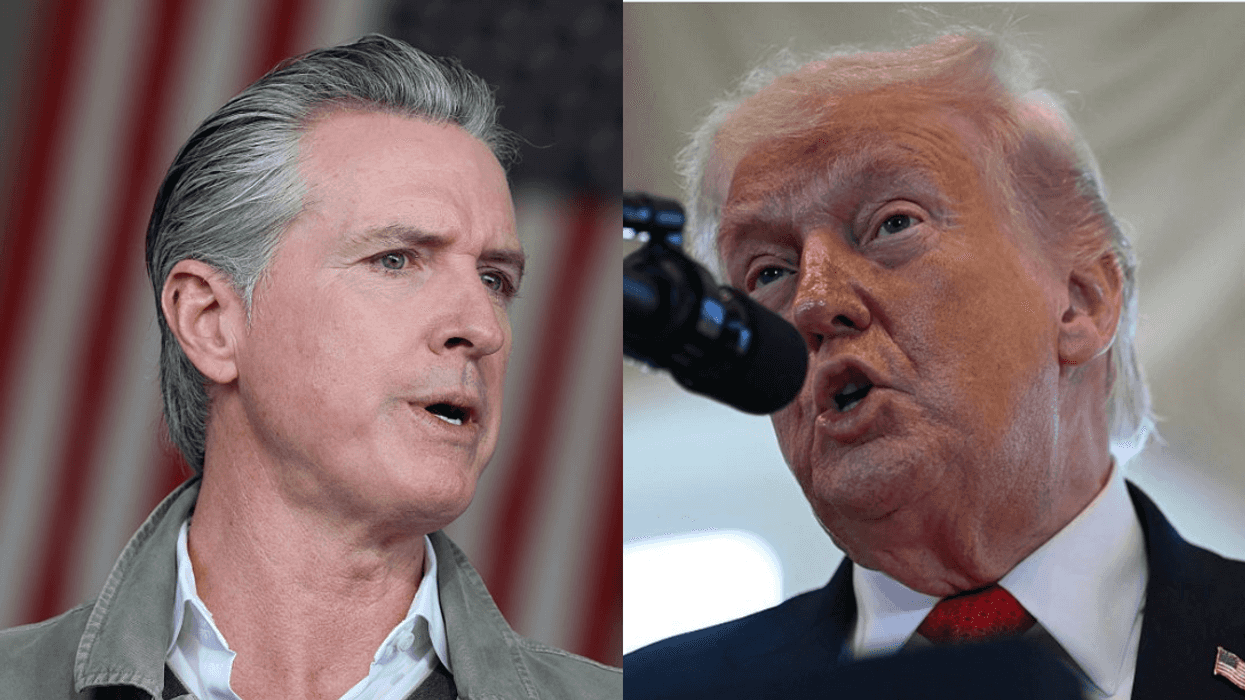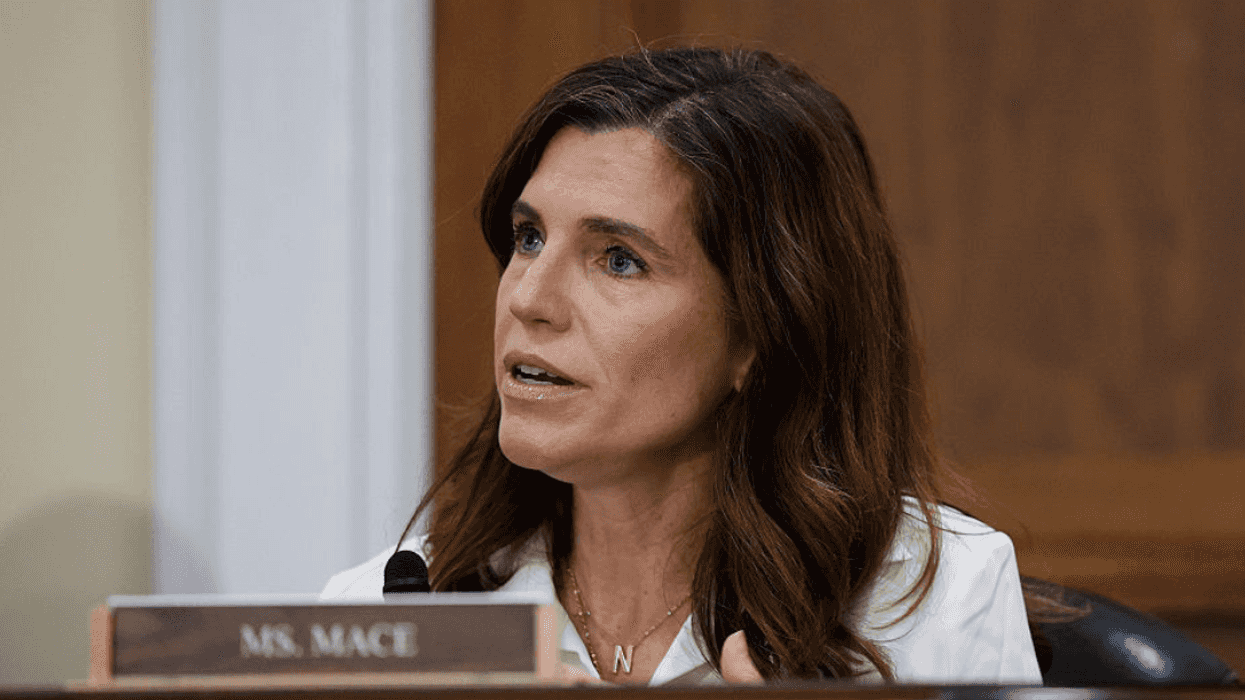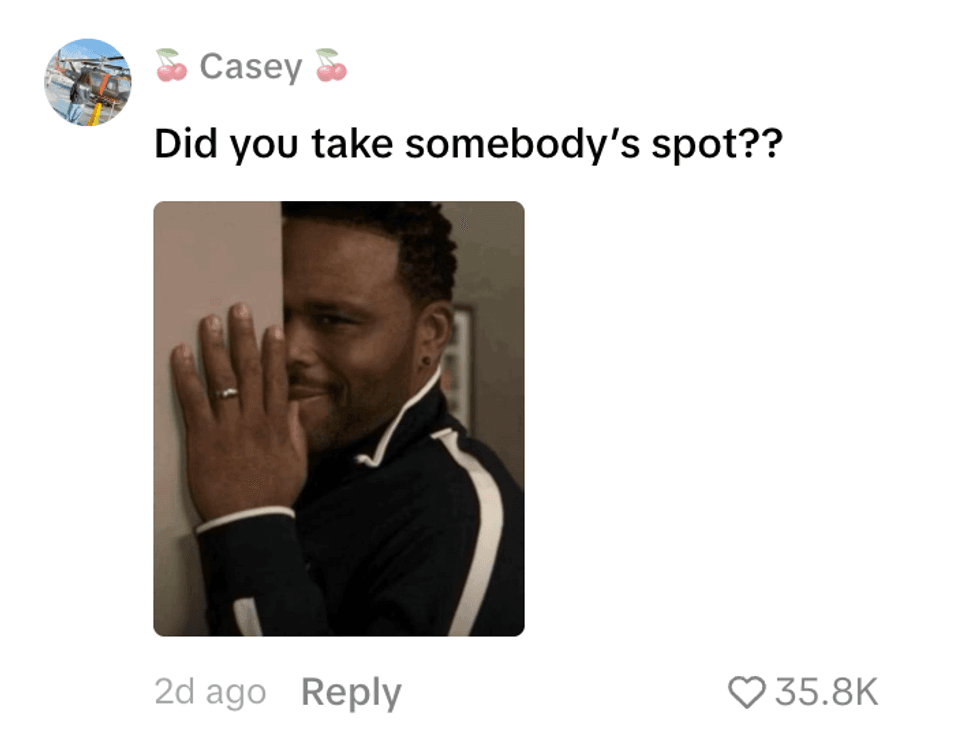The United States Supreme Court on Monday refused to hear a case to block funding for Planned Parenthood, upholding previous rulings from two lower courts.
In 2014, Planned Parenthood sued the Center for Medical Progress, an anti-abortion group that produced fake videos of supposed Planned Parenthood officials talking about selling fetal body parts.
After seeing the videos, Kansas and Louisiana attempted to terminate Medicaid contracts with Planned Parenthood. Attorneys for Kansas argued that the lower court decision gave "millions of Medicaid beneficiaries the ability to go directly to federal court to challenge a state's determination that their provider is not 'qualified" — bypassing layers of state administrative review."
Planned Parenthood challenged the case, claiming the Medicaid payments were canceled "without cause."
The lower court agreed. The 10th Circuit Court of Appeals in February ruled that states did not have the right to block Medicaid dollars from going to Planned Parenthood.
"States may not terminate providers from their Medicaid program for any reason they see fit, especially when that reason is unrelated to the provider's competence and the quality of the health care it provides," the 10th Circuit said in February.
Chief Justice John Roberts and Justice Brett Kavanaugh joined the Court's four liberal justices in refusing to hear a challenge to the lower court's ruling.
Four justices were required in order to hear the case, but thanks to Roberts and, notably Kavanaugh, the Justices did not have the votes to hear the case and hence the lower court rulings stand.
People are pleasantly surprised.
People were grateful that the court allowed the lower rulings to stand.
Justice Clarence Thomas wrote the dissenting opinion for the Court's other conservatives, Justices Neil Gorsuch and Samuel Alito.
"What explains the Court's refusal to do its job here?" asked Thomas. "I suspect it has something to do with the fact that some respondents in these cases are named Planned Parenthood," he wrote.
"But these cases are not about abortion rights," Thomas continued. "They are about private rights of action under the Medicaid Act. Resolving the question presented here would not even affect Planned Parenthood's ability to challenge the states' decisions; it concerns only the rights of individual Medicaid patients to bring their own suits."
Abortion is not the crux of the case because no federal funds are spent on abortion. Rather, both courts agreed that states cannot deny women access to essential services, including annual health screens, contraceptive coverage and cancer screening.














 Awkward Pena GIF by Luis Ricardo
Awkward Pena GIF by Luis Ricardo  Community Facebook GIF by Social Media Tools
Community Facebook GIF by Social Media Tools  Angry Good News GIF
Angry Good News GIF 
 Angry Cry Baby GIF by Maryanne Chisholm - MCArtist
Angry Cry Baby GIF by Maryanne Chisholm - MCArtist 
 @adriana.kms/TikTok
@adriana.kms/TikTok @mossmouse/TikTok
@mossmouse/TikTok @im.key05/TikTok
@im.key05/TikTok @biontrtwff101/TikTok
@biontrtwff101/TikTok @likebrifr/TikTok
@likebrifr/TikTok @itsashrashel/TikTok
@itsashrashel/TikTok @ur_not_natalie/TikTok
@ur_not_natalie/TikTok @rbaileyrobertson/TikTok
@rbaileyrobertson/TikTok @xo.promisenat20/TikTok
@xo.promisenat20/TikTok @weelittlelandonorris/TikTok
@weelittlelandonorris/TikTok @katiebullit/TikTok
@katiebullit/TikTok @rube59815/TikTok
@rube59815/TikTok
 u/Fit_Bowl_7313/Reddit
u/Fit_Bowl_7313/Reddit